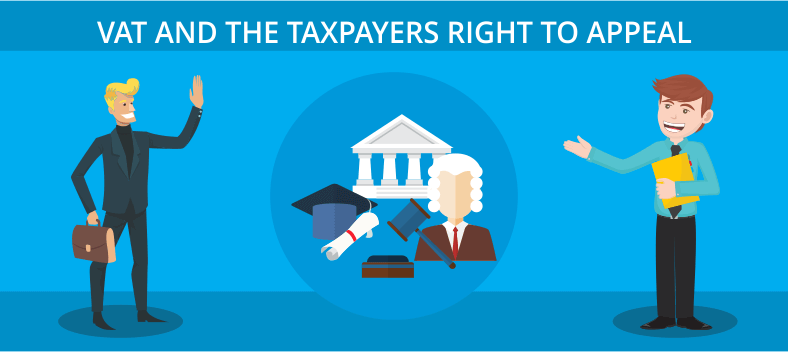VAT and the Taxpayers Right to Appeal
On 1 April 2012, it became mandatory for all VAT-registered businesses to submit their VAT returns and pay what is due online. This marked an extension of the rules that excluded businesses with a turnover of less than £100,000 and applied to all accounting periods starting after 1 April 2012.

As you will know, HMRC will not send you a VAT return automatically, you must register and not registering will not constitute an excuse for not submitting VAT returns! It like all VAT-related misdemeanours carries heavy penalties. Just as a reminder, visit the HMRC website and take a look at our blog where there’s plenty of information about VAT and VAT penalties.
In 2013, 36 million adults (73%) accessed the Internet every day, 20 million more than in 2006, when directly comparable records began. Access to the Internet using a mobile phone more than doubled between 2010 and 2013, from 24% to 53%. Broadband Internet connections using fibre optic or cable were used by 42% of households, up from 30% in 2012.
The most recent fiasco: electronic submission of VAT returns
From the statistics above it is clear that online communications are pretty well established in the UK. Therefore, there should be no problem when HMRC tell businesses to submit their VAT returns and pay what’s due electronically; in fact, one could say that it makes perfect sense ...
... but not according to a partnership of beekeepers, who were members of the Seventh Day Adventist Church, it didn’t. They believed that a certain passage of the Bible required them to not use electric devices and consequently they did not submit their VAT returns electronically. HMRC refused the partnership’s right for exemption from online submission of their VAT and found that the Church could not in law consider their beliefs to be incompatible with the use of electronic communications.
At Tribunal the Church still insisted on their right to exemption on religious grounds:
"Initially, the Tribunal decided that, if seen purely as a question of the normal rules of construction and without reference to the effect of the Human Rights Act 1998, the Appellants were not entitled to the religious exemption. However, the requirement to file online was a restriction on the Appellant’s right to manifest their religion within Art 9(1) of the European Convention on Human Rights, and the restriction was not justified within Art 9(2). Therefore, the Appellant’s appeal was allowed."
Four similar VAT appeals have been made recently whereby the taxpayers were unable to submit VAT returns online. The tribunal allowed three of the appeals as it ruled that HMRC’s requirement that VAT returns must be submitted online was disproportionate as it failed to provide an exemption for elderly individuals, disabled persons or those living too remotely for reliable internet access.
So where does all this leave VAT-registered taxpayers, particularly in London
No business in London could plead unreliable internet access and, in my view, anyone with a disability or an aversion to technology would best be advised to seek support from a family member or friend or, better still, an accounting professional. Of course an individual’s right to practice their religion should be upheld but it cannot be easy these days to run a business, any business, without the assistance of technology. Honestly, I would say that you have to play by the rules when running a business and particuarly with all matters concerning taxation, in particular, VAT.
Any questions? Schedule a call with one of our experts.








